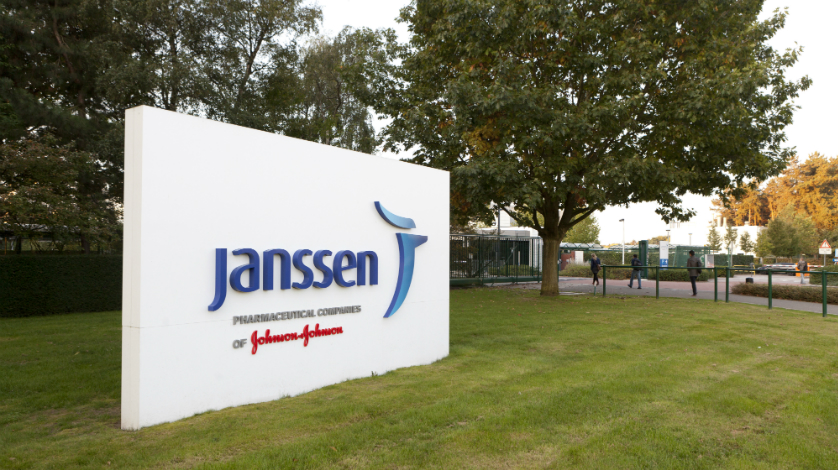FDA approves J&J's prostate cancer drug Erleada in new use, as Zytiga sales fall

The FDA has approved Johnson & Johnson’s prostate cancer drug Erleada (apalutamide) for patients whose prostate cancer has spread.
Already on the market for patients in the early stages of the disease, this new indication in metastatic castration-sensitive prostate cancer (mCSPC) follows a fast review from the FDA.
Approval from the FDA means that J&J’s Janssen unit has stolen a march on its rivals who are also developing drugs for this niche - Pfizer/Astellas with Xtandi (enzalutamide), Bayer/Orion’s Nubeqa (darolutamide), and Takeda’s orteronel.
Erleada is a successor to J&J’s Zytiga (abiraterone), which has gone off patent in the US and succumbing to generic competition – sales of the blockbuster were down nearly 60% in Q2 in the US to $198 million, with worldwide sales down 23% to $698 million.
But after a first approval in February last year in non-metastatic castration-resistant prostate cancer, Erleada has yet to make a significant impact on sales and J&J will hope that the new indication will allow it to gain traction.
Sales of Erleada are expected to be just over $1.5 billion by 2022, with increased competition from Xtandi in metastatic castration-resistant disease taking the edge off the drug’s performance on the market.
Data from the TITAN trial that supported the filing was published at ASCO, and the new use will make the androgen receptor inhibitor available for the approximately 40,000 people in the US diagnosed with mCSPC annually.
J&J’s Janssen unit filed data from the trial in April, which was reviewed through the FDA’s Real-Time Oncology Review programme.
Treatment for this form of prostate cancer is currently androgen deprivation therapy plus docetaxel -but Erleada significantly extended overall survival compared to placebo plus ADT, with a 33% reduction in risk of death.
Erleada also significantly improved radiographic progression-free survival, with a 52% lower risk of radiographic progression or death compared with placebo.
The most common adverse reactions that occurred more frequently in Erleada treated patients from the TITAN and SPARTAN trials were fatigue, arthralgia, rash, decreased appetite, fall, weight decreased, hypertension, hot flush, diarrhoea, and fracture.












